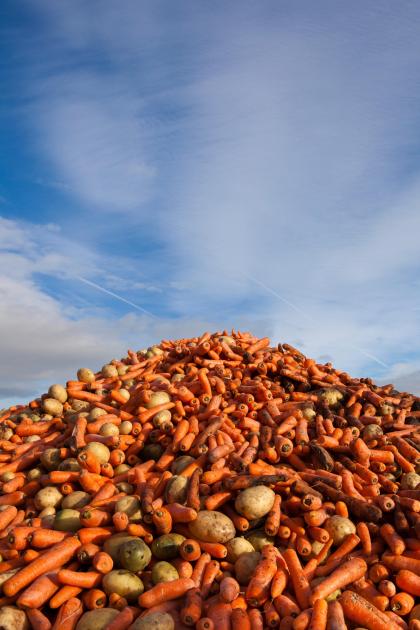Elliot Sykes
Member
Hello,
I want to better understand farmers problems with this account:
How much waste do you produce? Is this food waste edible / saleable? How is it used? (Profit? - you probably laugh at this!)
Do you make a fair profit from the supermarket? Why / why not?
What are the benefits / drawbacks of other more direct to consumer points of sale such as farm shops / PYO / Farmers markets? Is this the future...?
Many thanks
I want to better understand farmers problems with this account:
How much waste do you produce? Is this food waste edible / saleable? How is it used? (Profit? - you probably laugh at this!)
Do you make a fair profit from the supermarket? Why / why not?
What are the benefits / drawbacks of other more direct to consumer points of sale such as farm shops / PYO / Farmers markets? Is this the future...?
Many thanks






